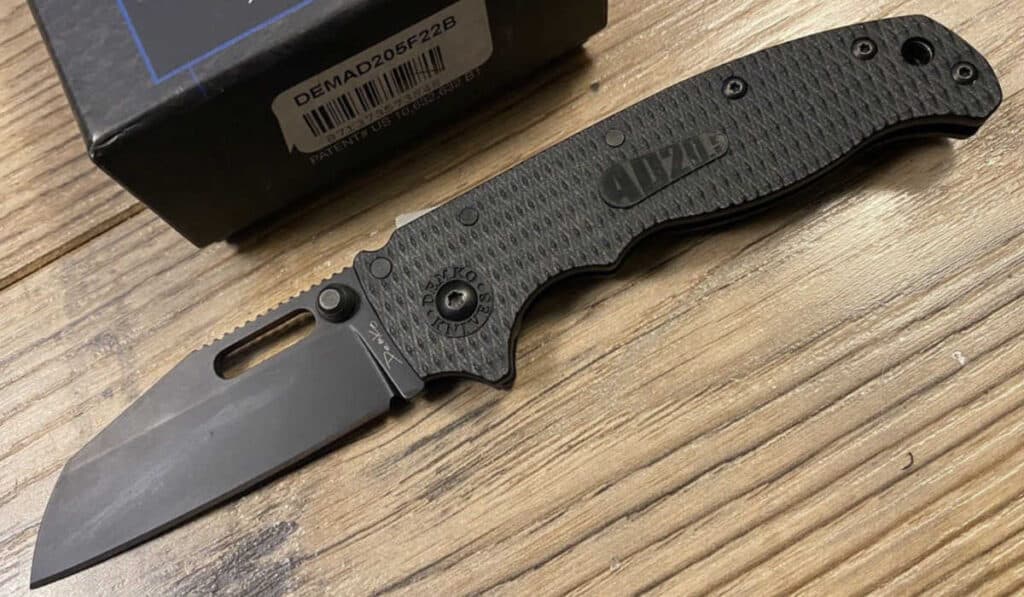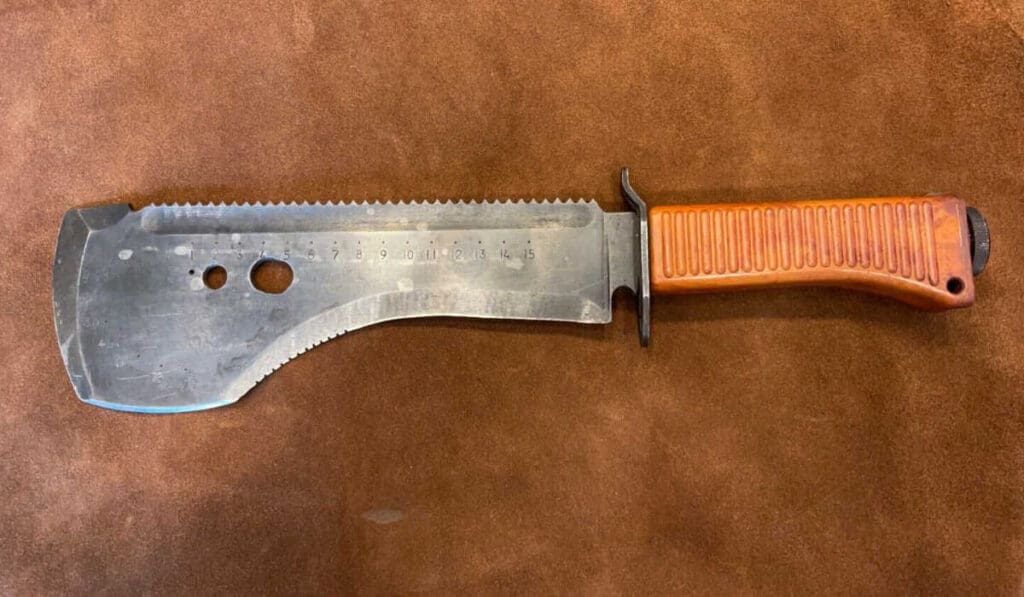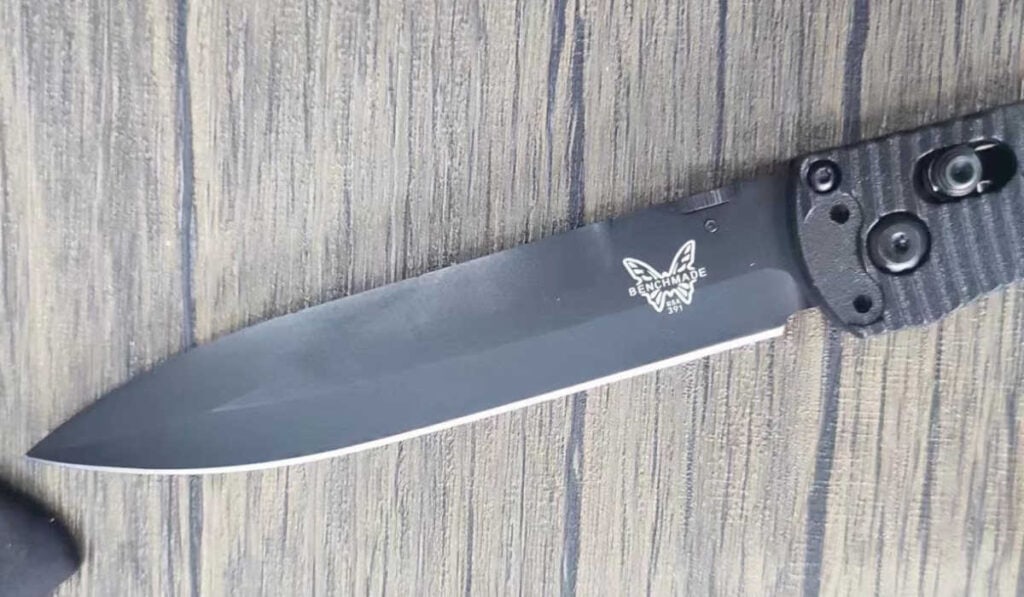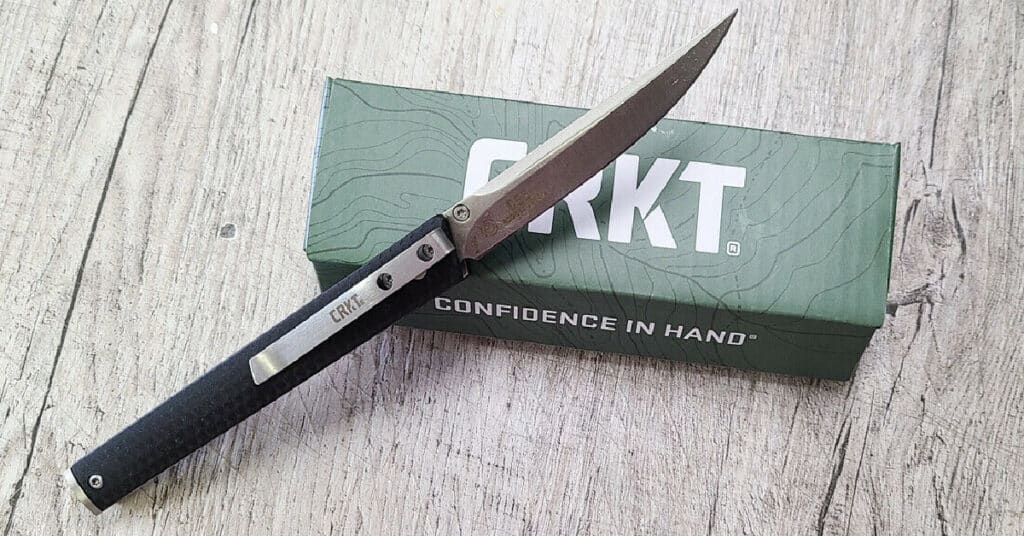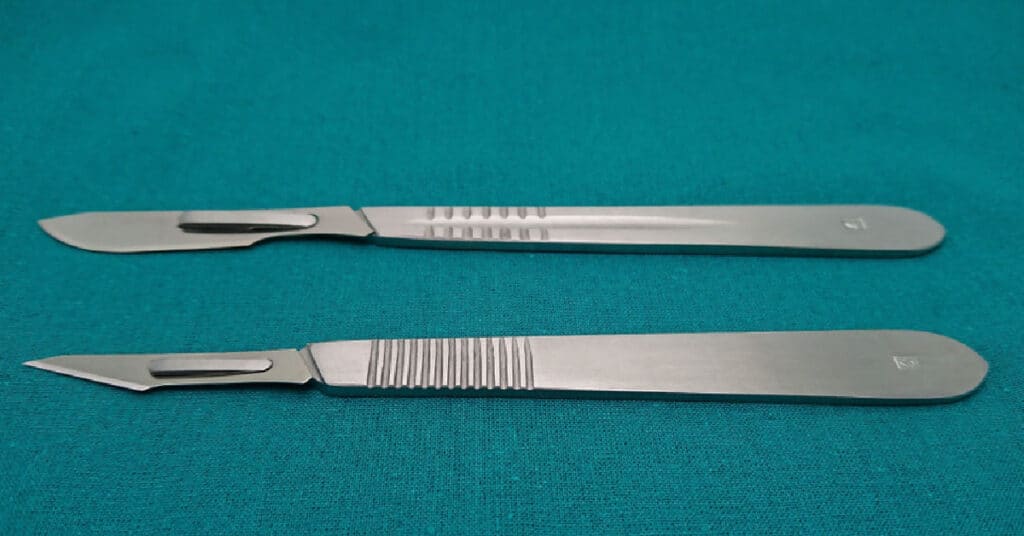Last updated on October 21st, 2023 at 08:37 pm
As an Amazon Associate I earn from qualifying purchases.
Texas is indeed a haven for many pocket knife enthusiasts. These tools, while useful and enjoyable, are subject to certain legal regulations when carried in public places.
Whether you are a resident or a visitor in Texas, understanding the state’s knife laws is crucial to avoid any legal mishaps.
In this blog post, we delve into the types of pocket knives that are legally permissible in Texas, the age restrictions, open carry laws, penalties for violations, and other related topics concerning Texas knife laws.
Our Top Rated “50-State-Legal” Knives
*These knives are listed based on their broad legality across states, but always consult your local laws before making a purchase.
Texas Statewide Preemption Laws For Knives
Preemption laws in Texas help maintain a uniform regulation on knives across the state. The primary regulation surrounds the blade length of the knives. A ‘location restricted knife’ is defined as any knife with a blade length exceeding 5 ½ inches.
Types Of Knives In Texas
Legal Knives
Most types of knives are legal to own and carry in Texas. These include folding knives, hunting knives, tactical knives, daggers, and various types of pocket knives. The blade length of these knives, when carried openly in public, should not exceed 5 ½ inches. However, if you have a valid concealed handgun license or belong to certain exempted occupations, the restrictions may vary.
Prohibited Knives
There are no knives that are specifically prohibited in Texas. Adults and juveniles can carry most knives as long as the blade length is less than 5.5 inches.
Knife Length Laws In Texas
The maximum blade length one can openly carry without a permit in Texas is 5 ½ inches. Any blade length beyond that is considered a ‘location restricted knife,’ and its carrying in public is subject to certain restrictions unless under specific exemptions.
Knife Carry Laws & Requirements
Open Carry
Open carry laws in Texas apply to pocket knives as well. Generally, any type of knife with a blade length less than 5 ½ inches is legal to carry openly. The same applies to traditional pocket knives and multi-tools like Swiss Army knives.
Concealed Carry
Any individual over 18 can carry a knife concealed, provided the blade is not longer than 5 ½ inches. Exceptions exist for individuals with a valid handgun license, who may carry knives with blades longer than 5 ½ inches.
Legal Age to Carry a Pocket Knife in Texas
The legal age to carry a pocket knife in Texas is 18 years old. While it’s legal for someone under 18 to own a pocket knife, carrying one outside their home or business requires adult permission.
Carrying Pocket Knives in Public Places in Texas
Carrying pocket knives in public places in Texas is subject to specific laws and regulations. It’s illegal to carry a pocket knife on school grounds or any educational institution. Federal law also prohibits carrying a pocket knife into an airport or onto an airplane.
Penalties for Violating Knife Laws in Texas
Penalties for violating knife laws in Texas range from fines to jail time, depending on the offense severity. The specifics may vary based on the type of knife and the circumstances under which it was carried or used.
Defenses Against Knife Charges in Texas
Defenses against knife charges in Texas include self-defense, lack of intent to commit a crime with the weapon, a mistake of fact, and entrapment.
FAQs in Relation to Texas Knife Law
Are switchblades legal in Texas?
Yes, switchblades are legal in Texas, and individuals may carry them provided the blade length does not exceed 5.5 inches.
Are gravity knives legal in Texas?
Yes, gravity knives are legal in Texas under the same blade length restriction as other knives (5.5 inches).
What size knife is legal to carry in Texas?
In Texas, you can openly carry any knife with a blade length of less than 5 ½ inches.
Are OTF knives legal in Texas?
Yes, OTF (Out The Front) knives are legal in Texas, subject to the blade length restriction.
Are automatic knives legal in Texas?
Yes, automatic knives are legal in Texas under the same blade length restriction as other knives (5.5 inches).
How old do you have to be to buy a knife in Texas?
In Texas, individuals need to be at least 18 years old to purchase a knife.
Can felons carry a knife in Texas?
In Texas, felons can carry a knife, provided the blade is less than 5 ½ inches long. However, it is recommended for felons to consult with a legal professional about the specifics of their case and potential restrictions related to their probation or parole conditions.
Texas State Knife Law References
Official Sources of Texas’ Knife Laws
- Texas Penal Code Chapter 46 defines and provides regulations regarding the carry and sale of knives among other weapons.
Significant Court Cases
| Case Title | Summary |
|---|---|
| Rainer v. State | Clarified blade length restriction in Texas law pertains to the cutting portion, not the sharpened edge. |
| Olivas v. State | Interpreted assault-by-threat and robbery-by-threat statutes in relation to perceived threats with knives. |
| Knife Rights, Inc. et al v. Garland et al | Addressed the legality of certain knives and their carry within a federal district court in Texas. |
Timeline of Major Changes
- 1871: Texas Legislature passed a bill forbidding the carry of Bowie knives and other similar weapons.
- 2013: Law changed to allow the manufacture, sale, repair, transport, and possession of switchblades as of September 1.
- 2017: Texas HB 1935 signed into law, removing the prohibition against carrying “illegal knives” like Bowie knives, daggers, dirks, stilettos, and others, effective from September 1.
- 2017: The term “illegal knife” was changed to “location-restricted knife,” marking the end of limitations set in 1871.
- 2023: Knife Rights’ Texas Knife Law Reform Bill, HB 1311, passed the House on May 12, aimed at further reforming knife laws in Texas.
The changes in Texas’ knife laws over the years show a trend towards liberalization, with significant legislation in 2017 and 2023 removing many of the earlier restrictions on carrying various types of knives. Nonetheless, some location-based restrictions and age restrictions (for minors) remain in place.
Conclusion
Texas knife laws are fairly straightforward but vary slightly based on blade length and individual circumstances. It is essential for anyone who carries a pocket knife in Texas to understand the types of knives that are legal, the age restrictions, and where they can be carried in public places.
By adhering to the Texas knife law regulations, you can enjoy your rights responsibly without fear of legal repercussions.
As an Amazon Associate I earn from qualifying purchases.





